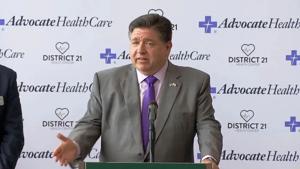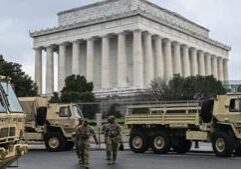
White House touts D.C. crackdown; no timeline on National Guard deployment
More than a week after President Donald Trump declared “Liberation Day” in Washington, D.C., his administration is touting the operation as a success as more Republican governors commit National Guard troops.
“At the direction of POTUS, our nation’s capital is a SAFER place – and we are just getting started,” U.S. Attorney General Pam Bondi posted to X.
The attorney general said that since the operation began on Aug. 11, law enforcement officials have made 465 arrests, adding that “nearly half” of the “arrests have occurred in the high-crime areas” of the district.
The D.C. Police Union has calculated major decreases in crimes since “Liberation Day,” including 83% drops in carjackings, 46% decreases in robberies, 22% drops in violent crime, 21% decreases in car theft, and 6% drops in property crime. The group adds that there has been an 8% reduction in crime overall.
The group argues for a long-term solution that would require repealing “the misguided Comprehensive Policing and Justice Reform Act to make these changes permanent.”
The figures come on the heels of Republican governors announcing deployments of additional National Guardsmen to the district.
Trump initially announced that 800 National Guardsmen from D.C. would be deployed to patrol the district streets. Now, governors from Louisiana, Mississippi, Ohio, South Carolina and Tennessee will send more than 1,100 guardsmen to the district. To be sure, the federal government will be flipping the bill for the deployments.
During a Tuesday afternoon White House briefing, Press Secretary Karoline Leavitt told reporters that there is currently no timeline for how long the National Guard may be deployed to the district.
More unknowns remain; specifically, how much taxpayers can expect to dole out for the deployment of troops.
“We won’t know the cost until the mission concludes. We have nothing more to provide currently,” a defense official told The Center Square.
Lodging per diem rates for the District of Columbia are $183 per night and $92 a day for meals and incidentals.
Using those figures, it would cost taxpayers roughly $11 million to house approximately 2,000 troops for 30 days and over $5 million for food and incidentals.
For reference, following the 2021 U.S. Capitol riots, 26,000 National Guard troops were deployed to the nation’s capital, and the U.S. military secured nearly $500 million to cover the costs. All remaining troops, which were significantly reduced by March 2021, were eventually withdrawn by May 2021.
Latest News Stories

Senators, pro-life group seek answers on FDA approval of abortion pill
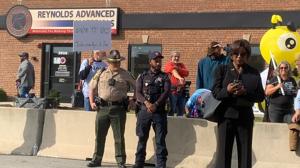
Cartel bounties on ICE agents similar to bounties placed in Texas communities for years

Trump slices China fentanyl tariff in half following meeting with Xi
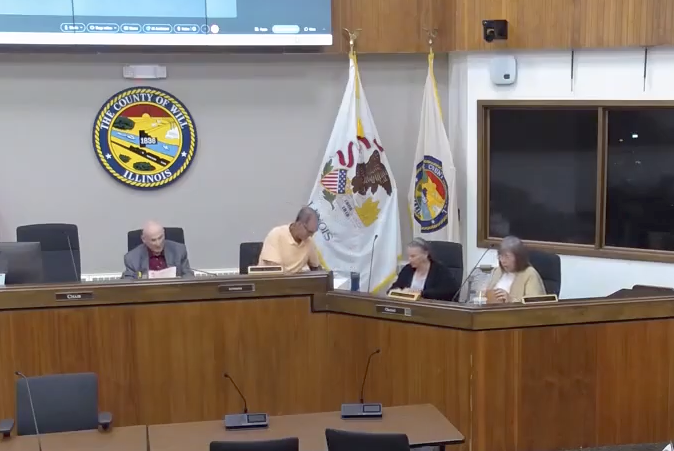
Senior Shared Housing Facility Recommended for Approval in Crete Township
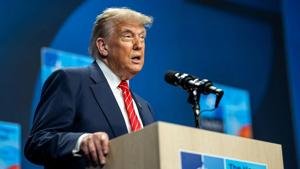
Trump orders Department of War to begin testing nuclear weapons
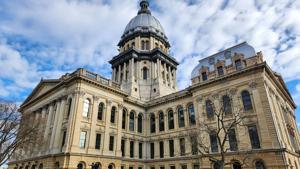
WATCH: Tax proposals draw questions from Pritzker and GOP state rep
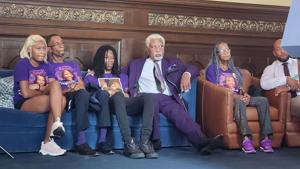
Illinois quick hits: Former sheriff’s deputy guilty in Massey murder; appeals court intervenes in Bavino case

WATCH: Warnings of higher IL property taxes heard as pension bill advances
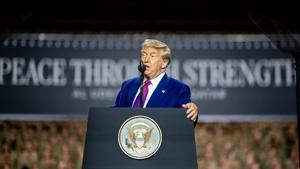
Top-selling automaker confirms U.S. investment, but no details yet
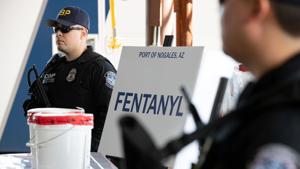
Fentanyl poised to take center stage during Trump, Xi meeting
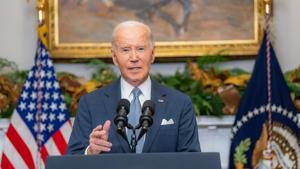
‘Outrageous’: Lawmakers bash Biden admin for targeting, surveilling 156 Republicans

WATCH: Cruz calls on House to impeach federal judge over subpoenas of Republicans

WATCH: Pritzker declares agricultural trade ‘crisis’ while Trump touts new deals

Amnesty International condemns U.S. strikes on suspected drug boats
